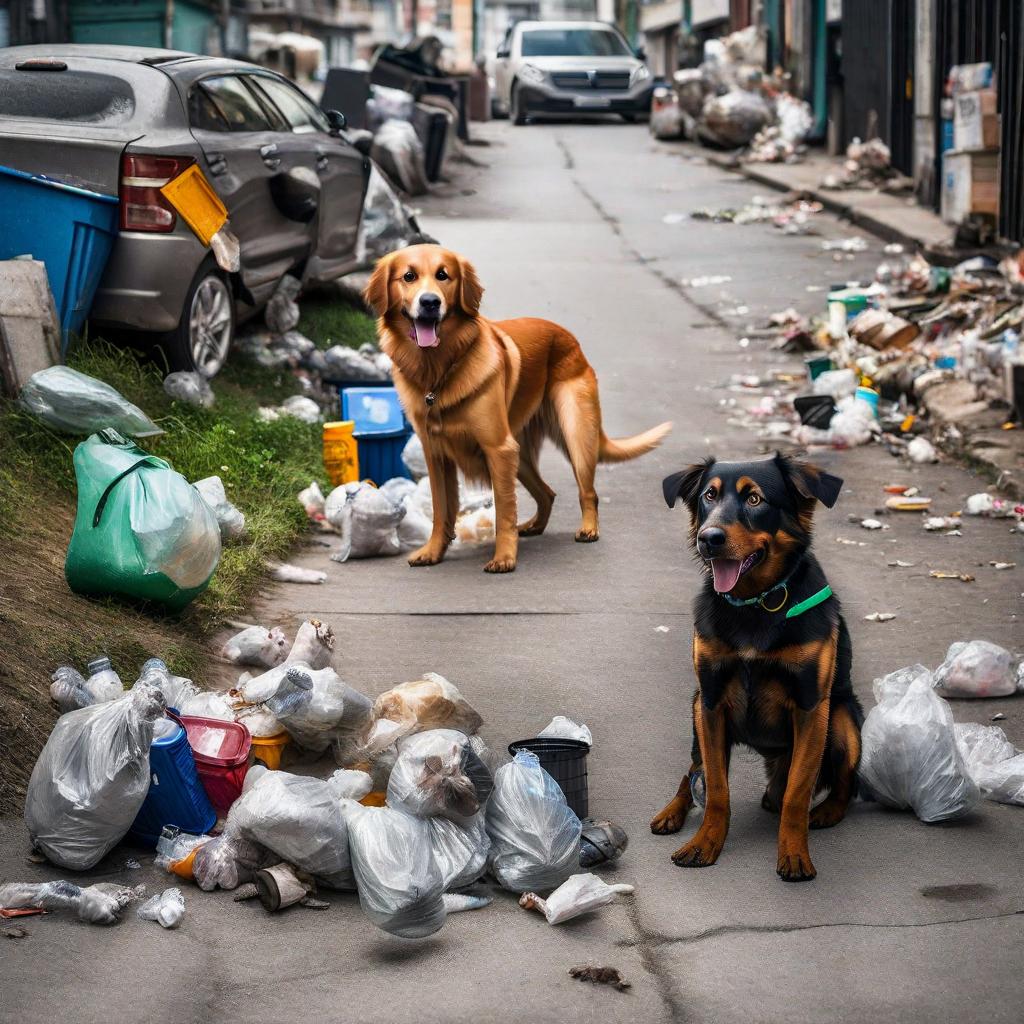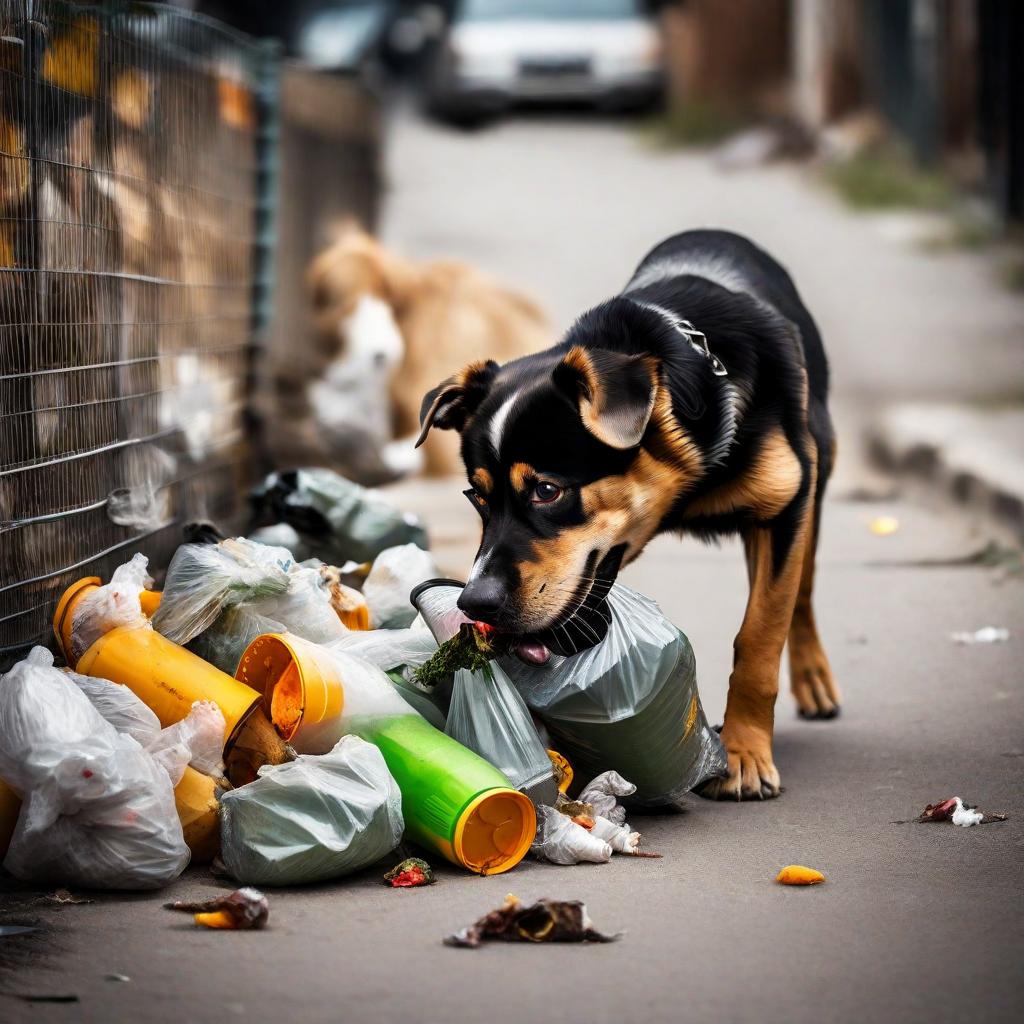- Supervise Your Dog: Keep a close eye on your dog, especially when they’re outdoors or in areas where garbage is accessible. Supervision allows you to intervene immediately if your dog shows interest in scavenging.
- Secure Garbage Bins: Use sturdy, secure garbage bins with tight-fitting lids to prevent your dog from accessing the contents. Consider using bins with locking mechanisms or placing heavy objects on top to deter your dog from opening them.
- Proper Disposal: Dispose of garbage properly and promptly. Avoid leaving garbage bags or bins unattended in areas where your dog can reach them, such as open spaces or near doors.
- Training and Commands: Teach your dog obedience commands such as “leave it” or “drop it” to discourage scavenging behavior. Practice these commands regularly in controlled environments and reinforce positive behavior with treats and praise.
- Redirect Attention: Provide alternative activities and toys to redirect your dog’s attention away from garbage. Engage in interactive play, go for walks, or offer puzzle toys to keep your dog mentally and physically stimulated.
- Behavior Modification: If your dog’s garbage-eating behavior persists, consider consulting a professional dog trainer or behaviorist for guidance. They can assess the underlying reasons for the behavior and recommend tailored training techniques to address it effectively.
- Monitor Diet and Nutrition: Ensure your dog is receiving a balanced diet with appropriate nutrition. Sometimes, dogs may scavenge for food if they’re not getting enough nutrients or if they’re experiencing digestive issues. Consult your veterinarian if you have concerns about your dog’s diet.
- Environmental Management: Minimize opportunities for your dog to access garbage by keeping indoor and outdoor areas clean and free of food scraps or waste. Use pet-proofing measures such as baby gates or barriers to restrict access to certain areas of the home.
- Positive Reinforcement: Reinforce desirable behavior by rewarding your dog with treats, praise, or affection when they ignore garbage or respond to obedience commands. Positive reinforcement helps reinforce the desired behavior and encourages your dog to repeat it.

Consistency, patience, and positive reinforcement are key when addressing unwanted behaviors like eating garbage. By implementing these strategies and addressing the root causes of the behavior, you can help discourage your dog from scavenging and promote a safer and healthier environment for them.


1 Reply to “Stopping a dog from eating garbage can be challenging but it’s important for their health and safety. Here are some tips to help prevent this behavior:”